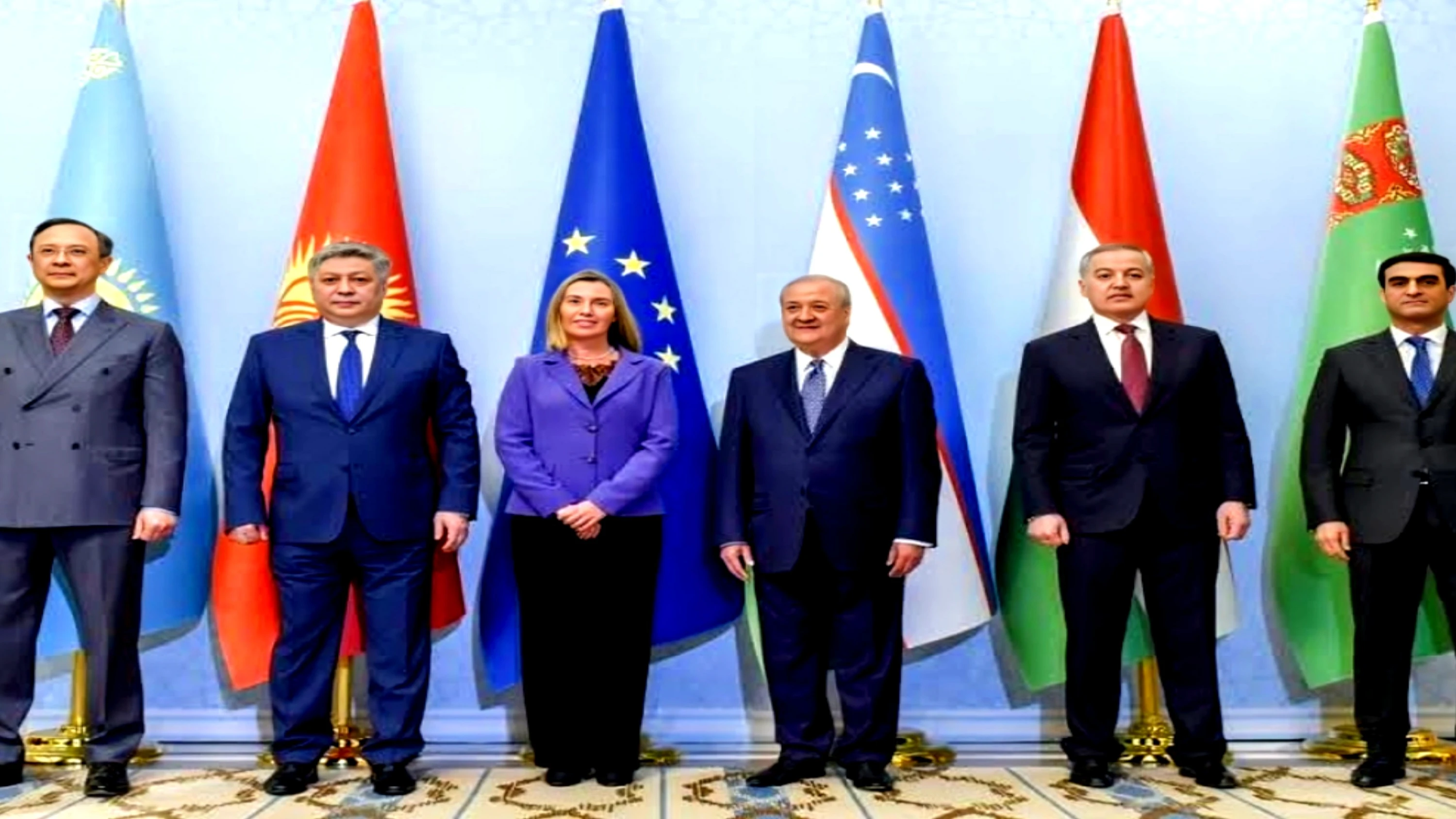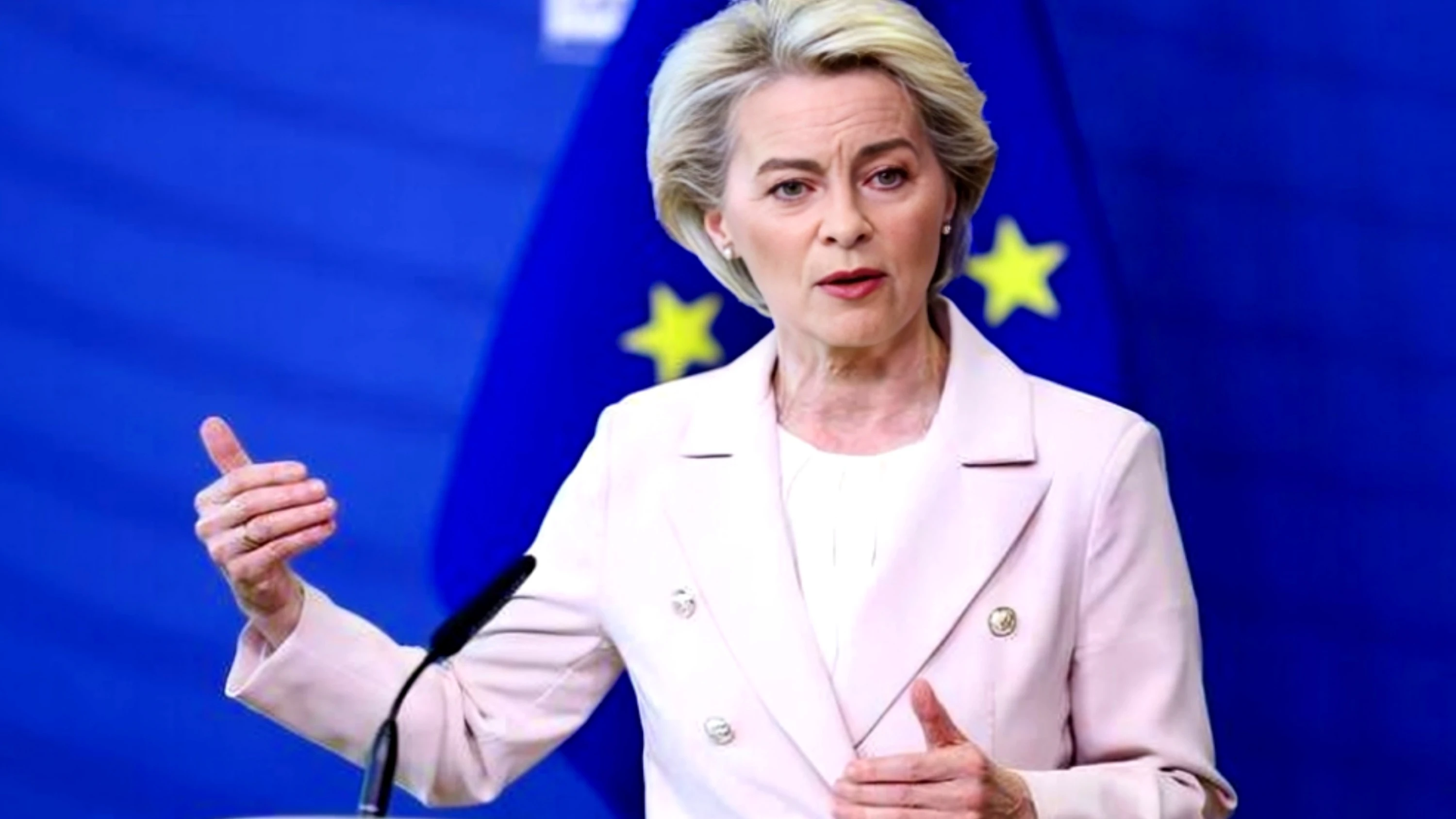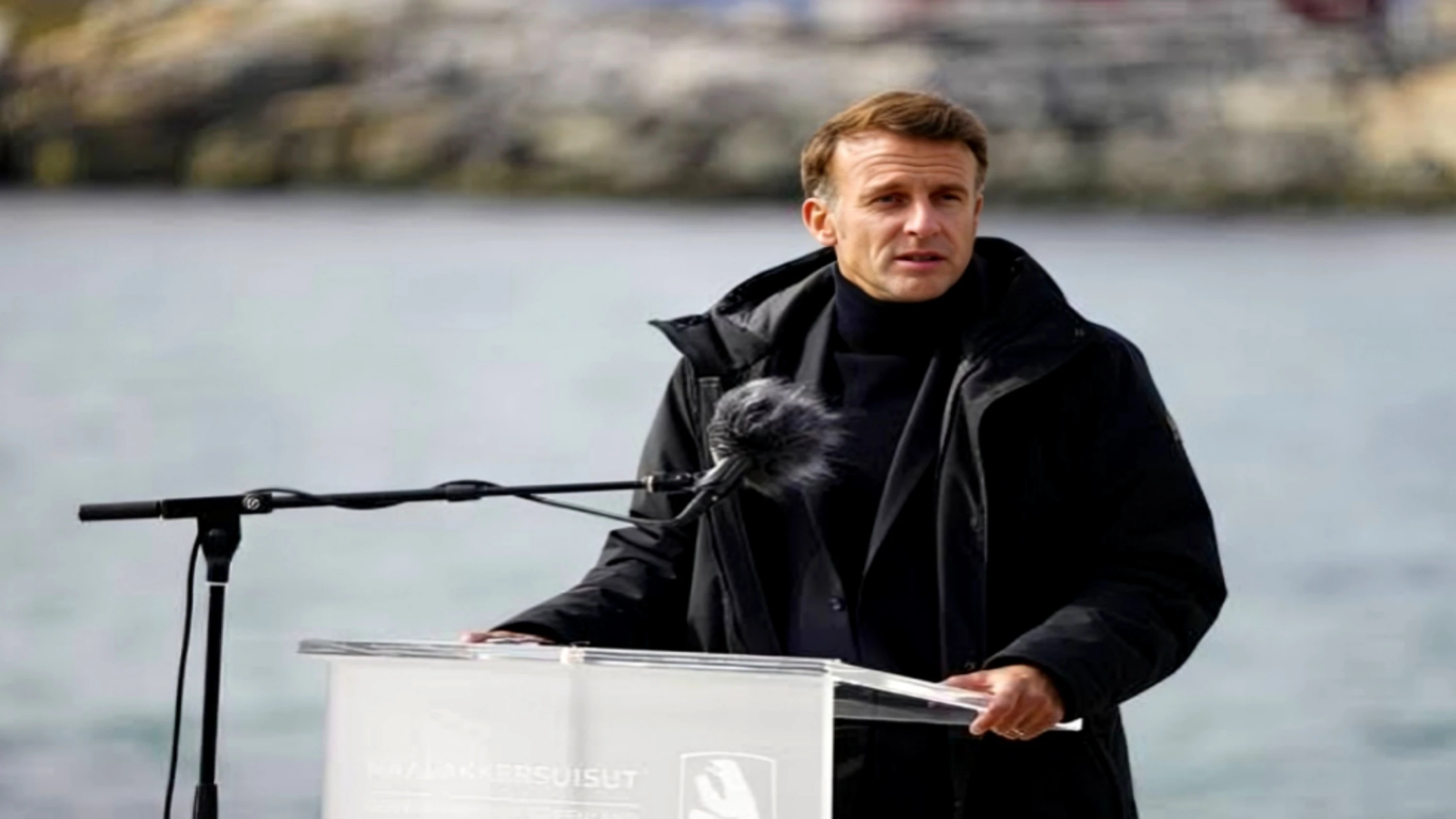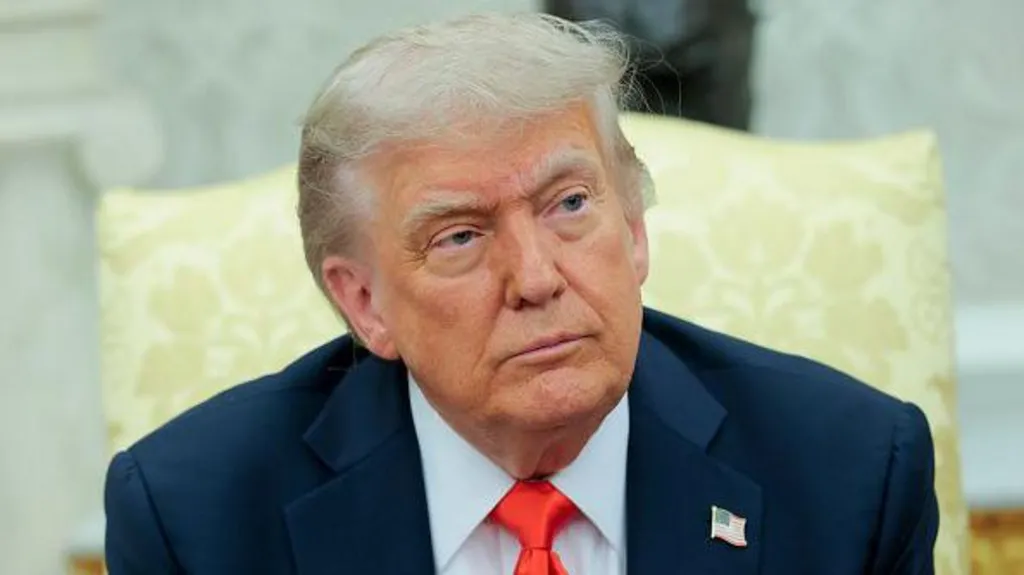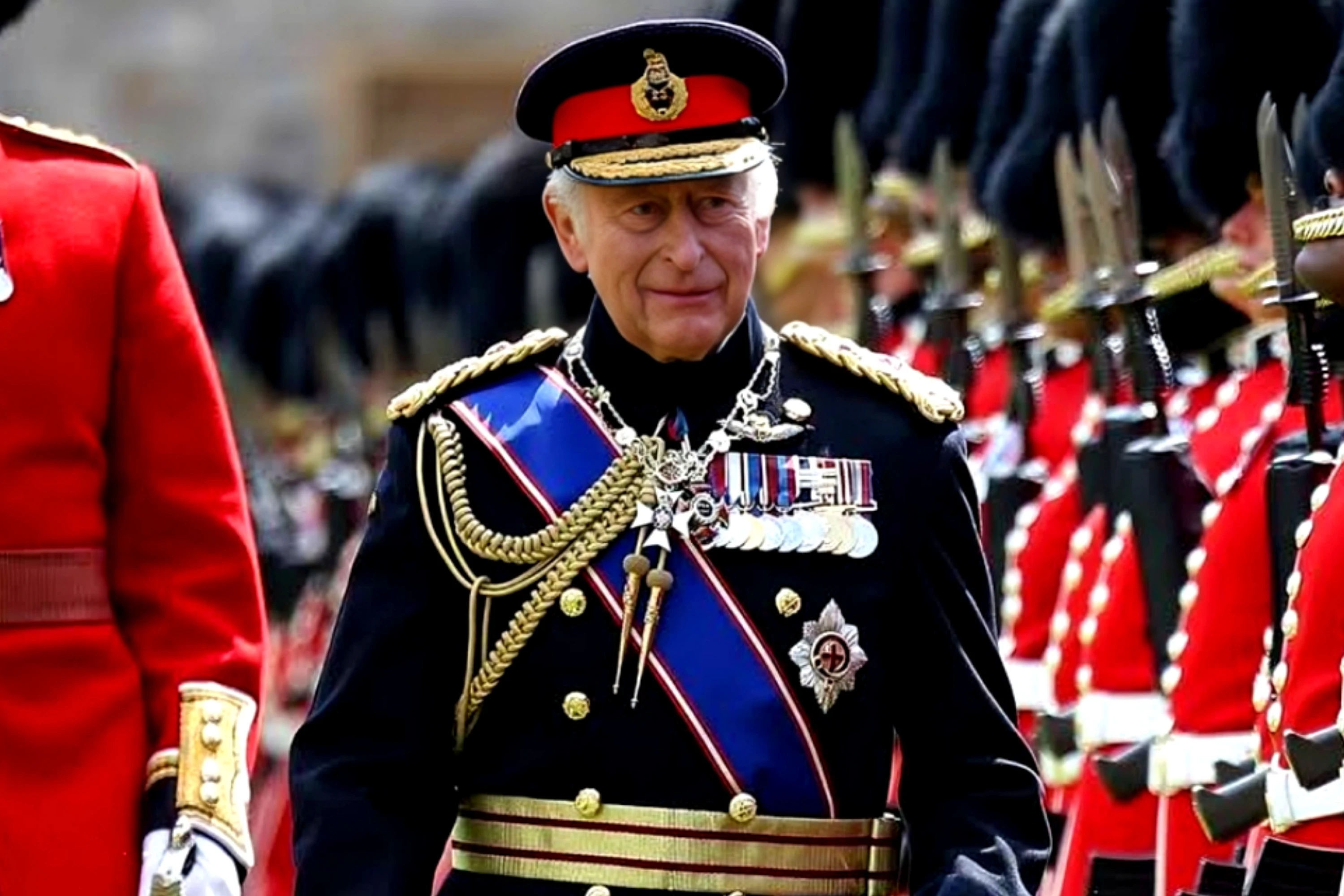Samarkand: In a significant diplomatic move, the five Central Asian countries—Kazakhstan, Kyrgyzstan, Tajikistan, Turkmenistan, and Uzbekistan—are deepening their engagement with the European Union. This shift comes after years of economic and political reform, supported by European assistance.
As the global geopolitical landscape undergoes rapid changes, the EU is actively seeking reliable partners, both for political stability and economic collaboration. Areas of interest include trade, investment, and energy security.
Marking a major milestone in these relations, the historic city of Samarkand in Uzbekistan is hosting the first high-level EU-Central Asia summit on Thursday and Friday. Uzbek President Shavkat Mirziyoyev, who is leading the event, described it as a “historic opportunity” for the region.
According to Mirziyoyev, trade between Central Asian nations and the EU has seen remarkable growth, quadrupling in the past seven years to reach €54 billion. More than 1,000 European-backed companies are already operating in Uzbekistan, contributing to a joint investment portfolio worth €30 billion.
Deputy Prime Minister of Kyrgyzstan Edil Baisalov also highlighted the significance of the summit, calling it a “truly historic moment” for the region. He emphasized the need for stable partnerships in a time of global geopolitical uncertainty.
One of the key projects under discussion is the establishment of a Green Strategic Corridor linking Central Asia to Europe via the Caspian and Black Seas. This initiative aims to enhance energy cooperation and lay the groundwork for long-term economic and environmental benefits for both regions.


